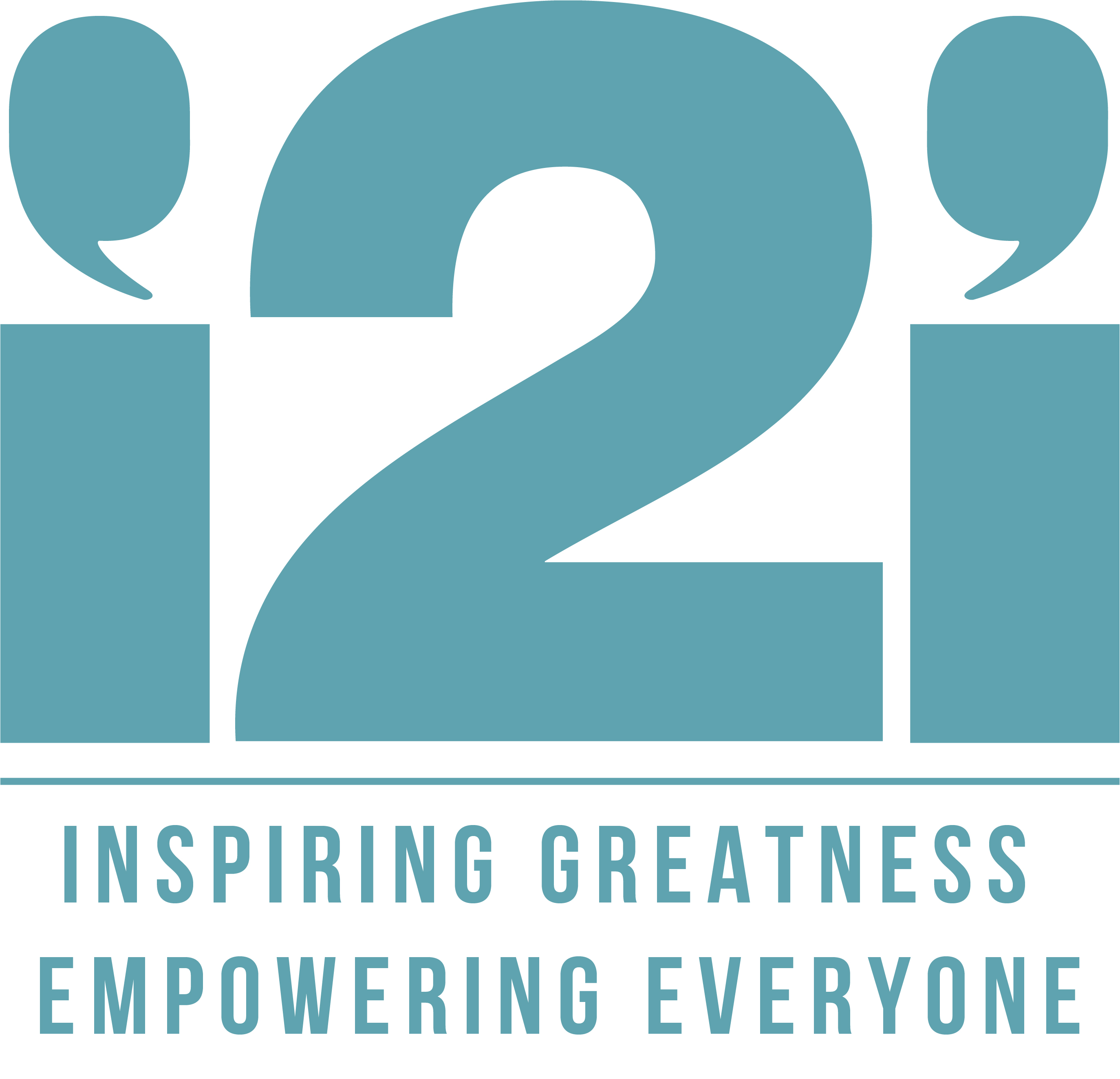At a recent team meeting we were discussing what our key messages were and were we really delivering what it says on the tin – “i2i – the catalyst for positive change”
We probably have enough statistical evidence, case studies and endorsements from a wide circle of clients that substantiate our strap line, but it is very easy to take your eye off the ball and become complacent.
At i2i, we would consider ourselves to be the agents of change. It is very easy to pontificate and issue statements about ‘things have to change’, ‘we can’t go on like this’, ‘can’t keep doing what we have always done’. I’ve heard them all. Bet you have as well. Been there at seminars, conferences, mapping out how it’s all going to be different. Listened to speakers, watched PowerPoints, struggled with jargon speak.
Is it just me? Sometimes, I think, I’m not understanding a word here. What is ACTUALLY being said? Anyone else blathering on about pushing the envelope might just get pushed in the chest. Hard!
Making the decision to change and actually committing to the action is not easy. (Calling us in, is a very good start! And it works.) One of my voluntary roles, is Chairing the fairly new Families Health and Wellbeing Consortium (FHWB) which has resulted in me listening and trying to comprehend the vast changes that are having to be undertaken in the Health Service.
Everywhere I go wearing my FHWB hat, I’m hearing about change. From government ministers, senior NHS executives and to the frontline service deliverers. There is almost universal agreement. The NHS can’t cope, there is a health catastrophe imminent, with Accident & Emergency departments about to implode and surging numbers of ageing and infirm people who will need long term care. Obesity, diabetes and mental health are vultures preparing to swoop down and cause mayhem.
“There has to be CHANGE” goes up the collective wail. Yep, witnessed some of that. Public Health now back with Local Authorities, Health and Wellbeing Boards etc. Not sure though that I’ve seen CHANGE.
The reason why this company can transfer its methodology across so many fields and produce recognised outcomes (more jargon, I know but you have to be able to speak the language) corporate, sport, education and now health, is that we go literally right to the head of the problem. The brain. Take hold of yourself… self responsibility.
£billions of our taxes are being spent in health bureaucracy, layers of management, new programmes, new organisations. But have we addressed the core?. Looked very seriously at changing perception and beliefs.
Because I’m a devotee of i2i, I’m able to consider quite different approaches and possibilities, and here’s a couple, that in my view, will literally change the health landscape and have a positive effect on the belief and perceptions of millions of people in this country. It won’t cost much either.
Sort the Soaps out. Coronation St, is the longest running soap opera. It’s main focal set is a pub, ‘The Rovers Return’. Alcohol served and imbibed every single episode. No wonder the North West was recently flagged as a red area in the life expectancy stats a few days ago. And where is ‘The Street’ set? It’s the same with EastEnders and Emmerdale. Queen Vic and The Woolpack.
No I don’t watch them! My wife however watches ‘Neighbours’, the Aussie saga of Ramsey St. Yes they have a pub set, but they also have a gym/health club. Regularly there is exercise being shown in the story lines. It’s that simple. Do the same in the UK with our soaps.
And another thing. Had a meeting with a Chief Superintendent recently – domestic violence is on the increase along with suicide. So why at Christmas do our soap operas carry mega disaster happenings, usually violent and often death or murder?
I watch a great deal of US series, and pretty much without exception, even if some of the content is violent, and aggressive, they run a Christmas or Thanksgiving scenario that is peaceful, harmonious and family oriented.
Our TV companies trot out the line that they reflect ‘real life’. Christmas especially is often not sugary sweet. So what? Change, please for the better and then we might just create a different real life and implement total new beliefs and perceptions. Probably rescue the NHS too. It could be the catalyst for positive change. Now where have I come across that before….?
